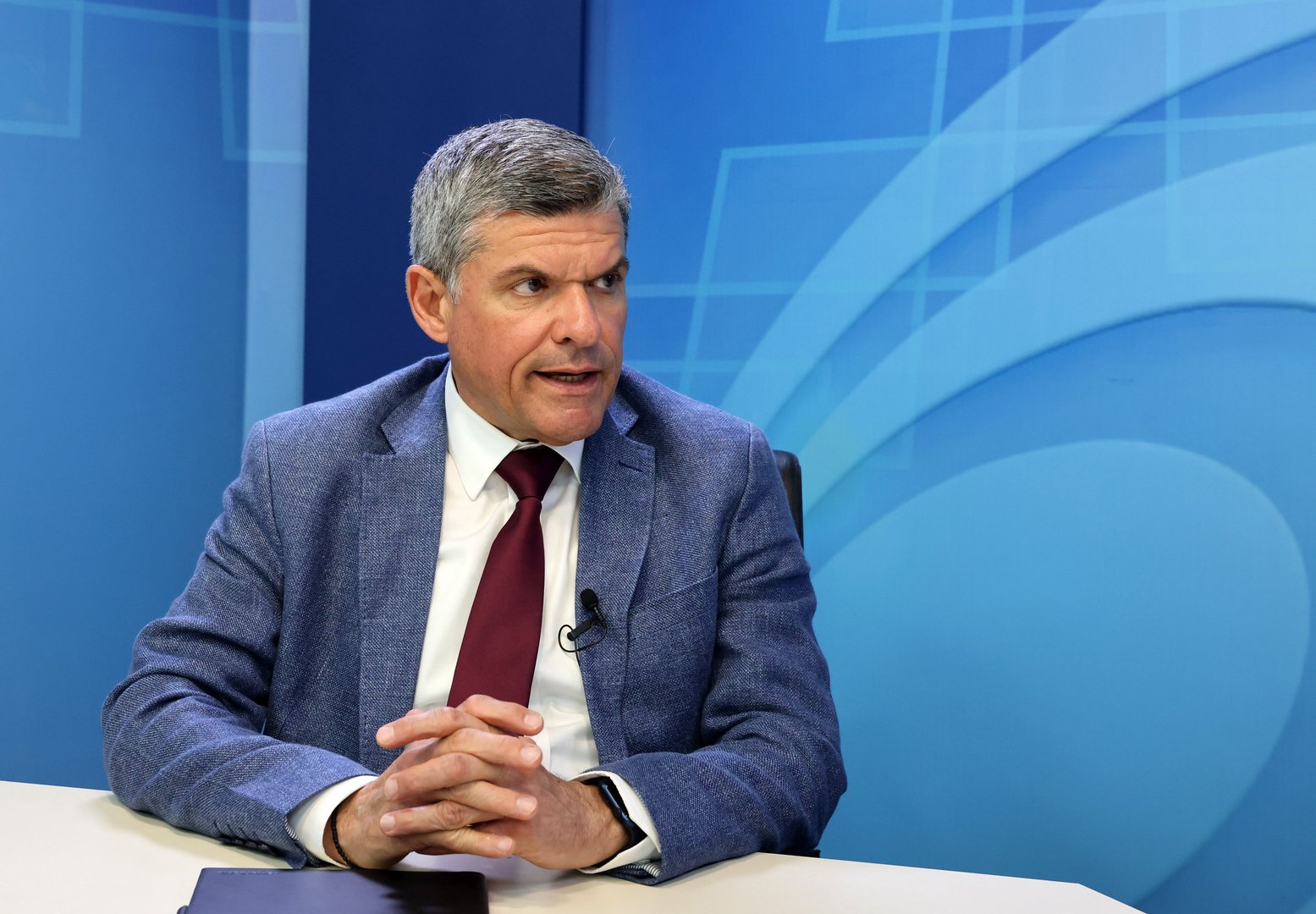Energy experts at a conference in Cyprus said the island has massive potential for renewables and can surpass its 2030 targets if it properly manages the upcoming challenges.
The key hurdles – and opportunities – identified are the installation of storage systems, upgrading the existing grid, and securing international interconnectors.
General director of the energy ministry Marios Panayides was upbeat at the goals Cyprus has already achieved and its path ahead.
For 2021 renewables accounted for 18.42 per cent of the energy mix, surpassing national expectations, Panayides said at the seventh International Conference on Renewable Energy Sources and Energy Efficiency – Energy Security (Resee).
He highlighted that renewable energy production is up 20 per cent since 2020 due to household installations of photovoltaics.
As for the ministry’s role, Panayides pointed to “the successful plan of boosting renewable energy from households” and the financial support for that to be achieved.
He emphasised that the upcoming “photovoltaics for all” plan is set to be announced in the coming months.
Another important tool to simplify the process will be the creation of digital platform which will serve as a ‘one-stop shop’ to handle licenses for renewable energy projects.
On fossil fuels, Panayides said that the cost to develop a natural gas pipeline network and an electricity transmission system for the 2023-2032 period is estimated at €231 million.
He further stated that the EastMed pipeline – which would connect Greece and Cyprus – is estimated to begin operations by 2029. Panayides noted, however, that other options with other countries are being evaluated.
Venizelos Efthymiou, a researcher at the University of Cyprus, focused his case for the island on the benefits of upgrading the energy storage units.
That, he said, would significantly boost RES availability into the grid, pointing to a shift from the existing centralisation of energy to one where energy is produced locally.
The two prongs of photovoltaics and energy storage will be a much more viable route than alternative technologies, considering upfront investment and operational costs.
Efthymiou emphasised that the battery life span can hit 20 years, according to the manufacturers of the current technology.
For his part, Charles Ellinas said that Cyprus urgently requires an upgrade to its basic energy network – stressing that the lines date back to 1953.
Without those changes, he said, a green future is not possible.
He further warned that without upgrading storage capacity and achieving interconnection then the congestion in production of renewables will persist – delaying the energy transition.
“The transition to green energy can only be secured if the necessary infrastructure exists,” he said.







Click here to change your cookie preferences